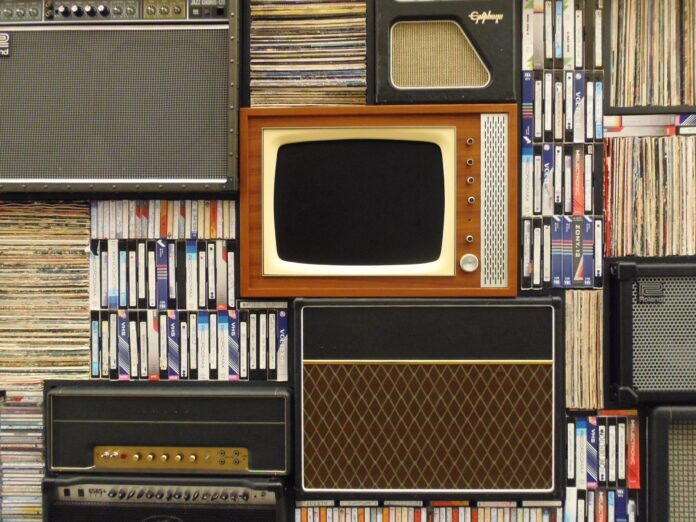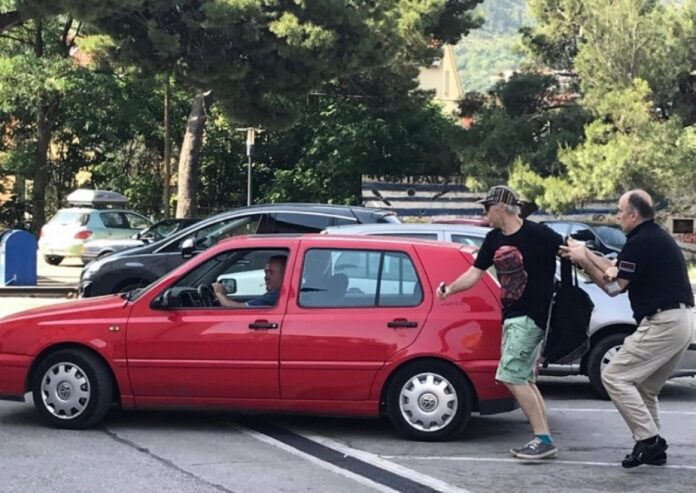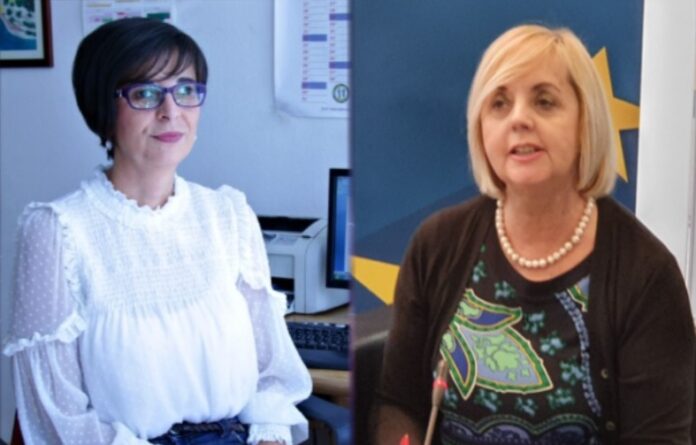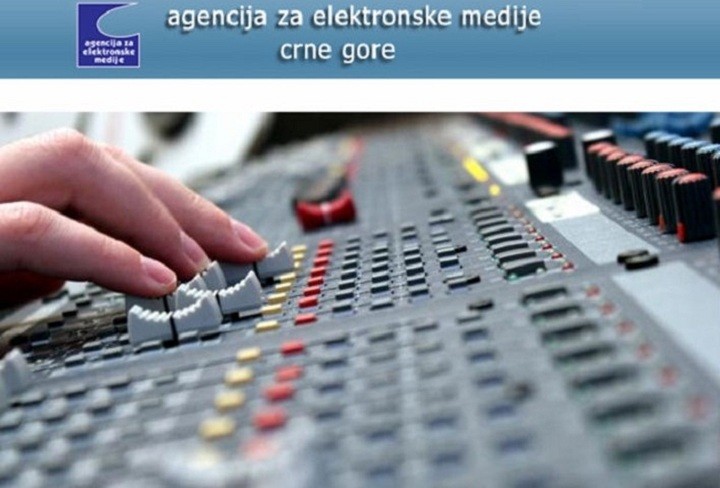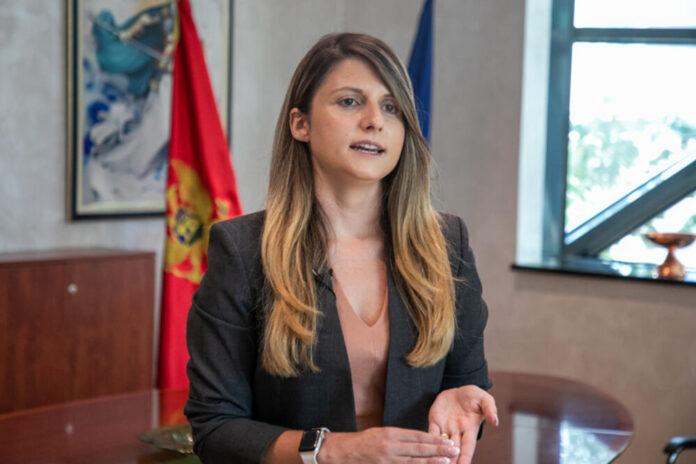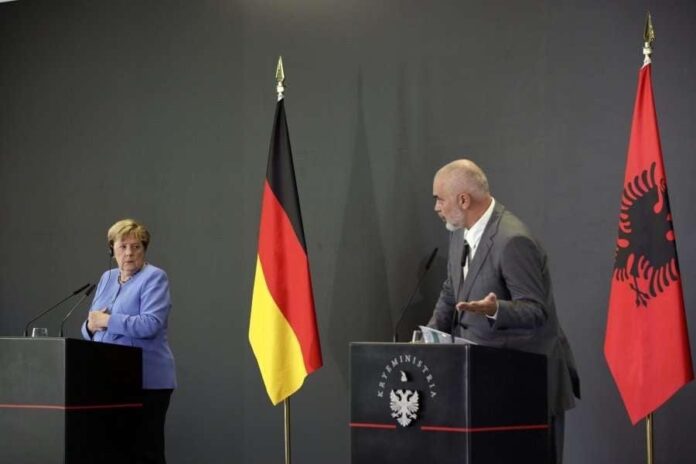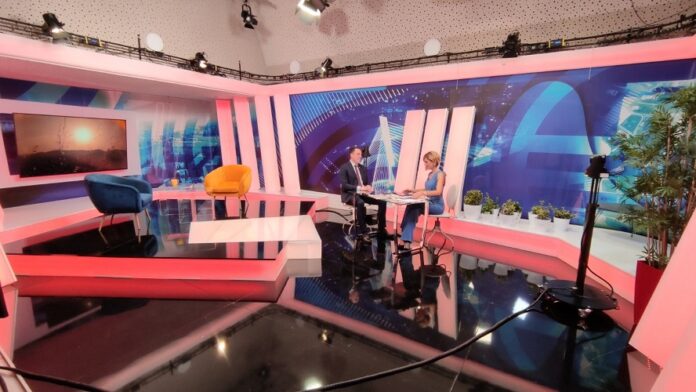Freedom of opinion without polite communication can very often turn into hate speech. This happens too often in Serbia today, especially in the space of electronic media, which has the greatest influence on majority public opinion.
It is through electronic media that hate speech reaches particularly perfidious forms and is often mistakenly presented as freedom of speech. Because of this, all achievements are questioned and something that should be unquestionable, such as freedom of speech, is destabilized.
It is true that every citizen is entitled to freedom of speech. However, in the era of electronic media those who use it the most – especially politicians and public figures – forget that freedom of speech is valid only until it infringes upon the freedom of others. Hatred, in any sense, is not an appropriate fuel for freedom of speech.
The Constitution of the Republic of Serbia prohibits hate speech and those who practice it are subject to sanctions. At least nominally. Unfortunately, in practice it is different: in Serbia, regulations are not respected in a frequent or consistent manner, if at all. This is confirmed by electronic media on a daily basis.
The Regulatory authority for electronic media (REM) which is Serbia’s regulatory agency and is tasked with preventing and sanctioning the spread of hate speech and aggressive communication. REM, however, does not do its job in any segment of its jurisdiction. This results in daily examples of electronic media providing a platform for poor communication, insulting language and persecution of women (victims of domestic and any other violence, female journalists, female politicians); civil society (various civic actions, their leaders); journalists (especially female journalists); migrants (religious intolerance); other peoples living in Serbia (Montenegrins, Roma people); other peoples in the area (Croats, Albanians); opposition party members, national minorities (Hungarians); the LGBT population, all other minority groups, or, in a word, dissenters in relation to mainstream thinking or official Serbian politics.
“Unfortunately, Serbia is a country of all kinds of violence. Generations are socialized in an atmosphere of intolerance in which hatred, discrimination and trampling on all ethical norms are the usual media decor. Hate speech is cultivated and encouraged because it is an important lever in the technology of governing, and the media, as an extended arm of the government, are on a joint venture to brutalize public life,” Vesna Malisic, journalist and deputy editor-in-chief of the weekly paper NIN tells Reporting Diversity Network 2.0.
“The goal is discipline, distraction from critical discourse and withdrawal from the political space that the government wants to rule sovereignly. Of course, in this kind of perverted reality, hate speech, humiliation and disregard are presented as freedom of speech, as is the right to dissent,” she continues.
Malisic mentions that based on Article 51, REM should ensure that “the content of the media service provider does not contain information that incites, in an overt or covert manner, discrimination, hatred or violence, on the grounds of race, color, ancestry, citizenship, nationality, language, religion or political beliefs, gender, gender identity, sexual orientation, property status, birth, genetic characteristics, health status, disability, marital and family status, convictions, age, appearance, membership in political, trade union and other organizations and other real, i.e. presumed personal characteristics”.
However this article is not upheld by the regulatory body.
“The paradox lies in the fact that, until September 2020, REM did not file any criminal charges against media service providers for discriminatory speech, violation of the protection of minors and hate speech in the electronic media, although that falls within the scope of its jurisdiction,” explains Malisic.
“The starting point of hate speech is politics, just as the political setups in REM are the reason for its indolence towards hate speech, which is literally rolled out on commercial television programs. When society as a whole goes beyond the institutions, into the space of “who has whom”, there are few possibilities to call for respect for the law and expect an atmosphere of basic civilized behavior,” Malisic tells Reporting Diversity Network 2.0.
TV Happy, a national frequency TV channel that has been put to spotlight by Reporting Diversity 2.0 monitors several times, frequently airs shows full of hate speech either subtle or covert or oftentimes the shamelessly open. Journalism in TV Happy is below standards and seems to be led by political incentives. Several shows invite speakers who are close to the government and the government itself oftentimes uses TV Happy to share its own political propaganda. Thus journalistic practice is reduced to tools for attacking dissidents.
A different opinion is not a “mental fallacy”
One example of hate speech on TV Happy came on the show hosted by Milomir Maric, whose guest at the time was historian Aleksandar Rakovic. Rakovic demonstrated a desire to discredit the current Montenegrin government, and the general achievements of modern Montenegrin society. Among other things, he said:
“It (Montenegro) is a society completely different from ours, so when Novo Vujosevic wrote the book “How to recognize a an utter coward”, he wrote on the example of Montenegro – and Novo Vujosevic is from Montenegro, and he is also a sociology professor at the University of Niksic – and he wrote that book, so now I fully recognize everything I wrote about myself, but I believed that there were no more of these mental fallacies among Serbs in Montenegro. However, it became apparent that they do indeed still exist… “
The whole show suggests that having a different (political) opinion is a “mental fallacy”, and that the Serbian society is better than the Montenegrin society on the basis of a banal and inaccurate remark, that in Serbia there is no “Me to you – you to me tribal political poetics”.
Hate speech is very often directed against the LGBTQ+ community. One significant example of this on TV Happy is when Dule Savic, a Yugoslavian football star was a guest. Savic said: “Now if you are a whore, fag, lesbian, prostitute, monkey, fool, you get two hours and they still pay you… “. A little later he also said: “Gordana Comic (Minister for Human and Minority Rights and Social Dialogue) is now making a law on fag marriages for you, you want to save Serbia from that. How will you do this when the leaders in Serbia are fags and lesbians and that is promoted through your realities and other nonsense…”. He concluded with: “…You make heroes out of people who don’t deserve to be mentioned…. This is regulated by not making such fools public, end of story.”
The LGBTQ+ community was similarly referred to in another show which, both bizarrely and tendentiously, merged two topics that have nothing in common – same-sex marriages and the defense of Kosovo. The show was boosted on YouTube with the title “Fierce show”, and saw the self-proclaimed sociologist Miroljub Petrovic express views which would have surely faced immediate sanction in a country with respect for the upholding of human rights. Petrovic stated:
“One of the developmental aspects of all that is economic Serbia, since we know that the gay lobby controls finances in the world, and the fastest way to get a job, is not to finish school or college, but to become part of the LGBT population. And then you quickly get a job …”, to which the host Milomir Maric asks, “is being gay a profession then?”, Petrovic continues: “You need to invest in the economy, and the best way is to become part of the LGBT population, and then investments will come and then jobs will be created …”..
Hate speech towards women on TV Happy is considered the norm, in which even women -led programs women are presented and depicted in a misogynistic and inadmissibly insulting way. For example, politician Gordana Comic was referred to as a “woman with Stalin’s mustache” and a “crazy woman”, while politician Dragan Markovic Palma, who is accused of inappropriate relations with minors in Jagodina, is called a “gentleman”.
On TV Happy, the MP of the Serbian People’s Party, Vladimir Djukanovic, in a morning show goes a step further in belittling women who have gone through domestic violence. Djukanovic says that “it is known” that domestic violence is most often reported in police stations on Thursdays, because when a woman reports a man, he is usually detained by the police for 48 hours, so he has no way out until Monday, and “she during that time”, Djukanovic explains, “goes out with his friends, she has fun.” The host of this show listened to this misogynistic monologue of MP Djukanovic without any comment, remark or question.
The solution lies in education and media pluralism
Despite all the reports, REM did not react to all these shameful narratives of hatred. When RDN tried to contact them through their website, the form was not functioning and they did not respond to any emails sent to them. The lack of engagement from REM regarding these issues prevents further pursuit of a more responsible and respectful society in Serbia.
“Hate speech decreases as society becomes more democratic and more tolerant, and when debating returns as a chance to translate social conflicts into spiritual disputes, because dialogue, as the philosopher Djuro Susnjic said, takes you out of the world of violence and into the world of freedom,” Malisic concludes.
Malisic is of the opinion that we must return to the root of the problem by challenging policy that reproduces hatred and uses it as a tool for political battle, and in which the media is like a whip swinging over the head of any citizen who thinks differently from what the leading political power has approved.
The state of human rights in Serbia is only a reflection of the state of government institutions. Serbia today is far from a tolerant society that respects different opinions and different life attitudes regarding various life decisions. The system only nominally protects vulnerable social groups that, in essence, cannot exercise their human rights, which are discredited precisely through hate speech.
Apart from the fact that it would be more than necessary for REM to finally start doing what is supposed to do including making their site functional – another possible solution for abolishing hate narratives in electronic media would certainly be education and media pluralism, i.e. opening space for others and different opinions, which, along with the non-sanctioning of aggressive communication, is currently the second biggest shortcoming of electronic media in Serbia. At the moment, electronic spaces are not easily given to anyone else who does not agree with the ruling party, as well as its leader and president of Serbia.
All this could lead to great consequences, not only for our society, but globally for the overall life of people today, especially if we keep in mind some worldwide tendencies, such as the rise of racism and xenophobia in the wider European and global context.
Note: This article includes some derogatory expressions that were said on the Serbian TV. These expressions were used for the purposes of the analysis and do not represent the ethics and journalistic integrity of the author, Reporting Diversity Network 2.0 and Media Diversity Institute Western Balkans.



